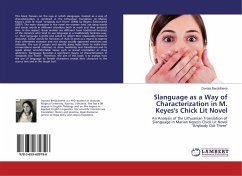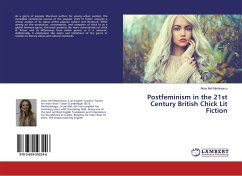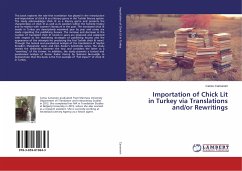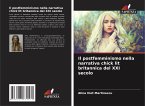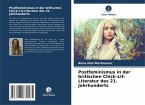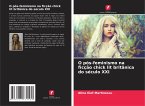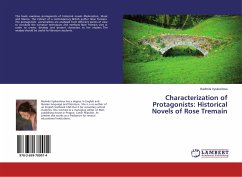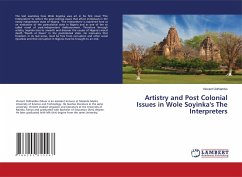This book focuses on the way in which slanguage, treated as a way of characterization, is rendered in the Lithuanian translation of Marian Keyes's chick lit novel "Anybody Out There" (2006) by Regina Seskuvien (2007). The main characters in the novel are women who use slang words and swear words in different situations both at work and their personal lives. In this respect, these women are different from traditional heroines of the romance who tend to use language in a traditionally feminine way, i.e. their language is polite and suited to reflect their impeccably feminine character. Swear words for heroines of chick lit serve as a means to express their oftentimes excessive and not always socially approved emotions and attitudes. The use of proper and specific slang helps them to make their conversations sound informal, to show familiarity and friendliness and to speak about uncomfortable issues such as sexual orientation or drug addiction. Slanguage becomes a significant means of characterization in "Anybody Out There". Therefore, the aim of this book is to analyse how the use of language by female characters reveals their character in the source text and in the target text.
Bitte wählen Sie Ihr Anliegen aus.
Rechnungen
Retourenschein anfordern
Bestellstatus
Storno

